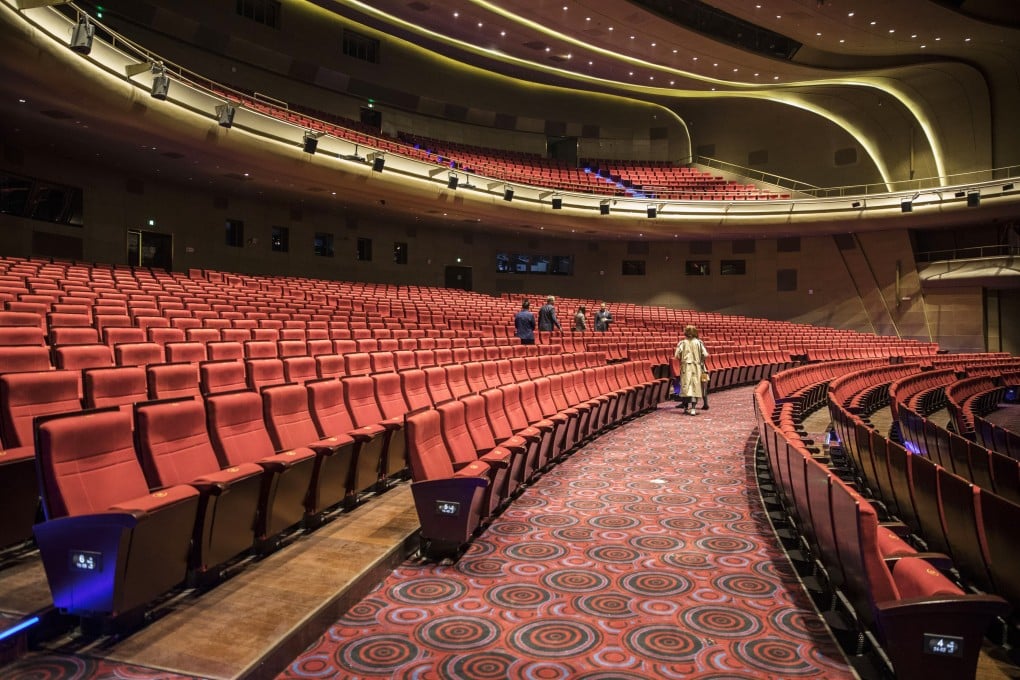Coronavirus: nearly half of China’s cinemas in danger of permanently closing due to pandemic
- The boom times are over for China’s huge cinema industry, with the coronavirus pandemic forcing prolonged closures
- A new industry survey suggests that 40 per cent of cinemas, almost 5,000 in total, could go bust because of losses stemming from the Covid-19 lockdown

Four in 10 Chinese cinemas are in danger of permanently closing due to the coronavirus outbreak, dealing a heavy blow to the once booming industry, according to a survey by the China Film Association.
“If you want to watch a movie, find one online,” said President Xi Jinping on March 31 on a visit to the city of Hangzhou.
The Chinese government said earlier this month that cinemas, among other indoor entertainment venues, could reopen with limited bookings. But without new film releases, it is uncertain how many would attend.

The complete shutdown of movie screenings for more than 100 days “has not happened since the Sino-Japanese war,” said Zhi Feina, a movie industry expert, in a recent interview with the Chinese media outlet Southern Weekly.